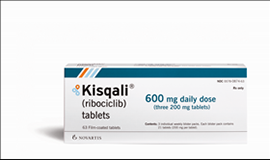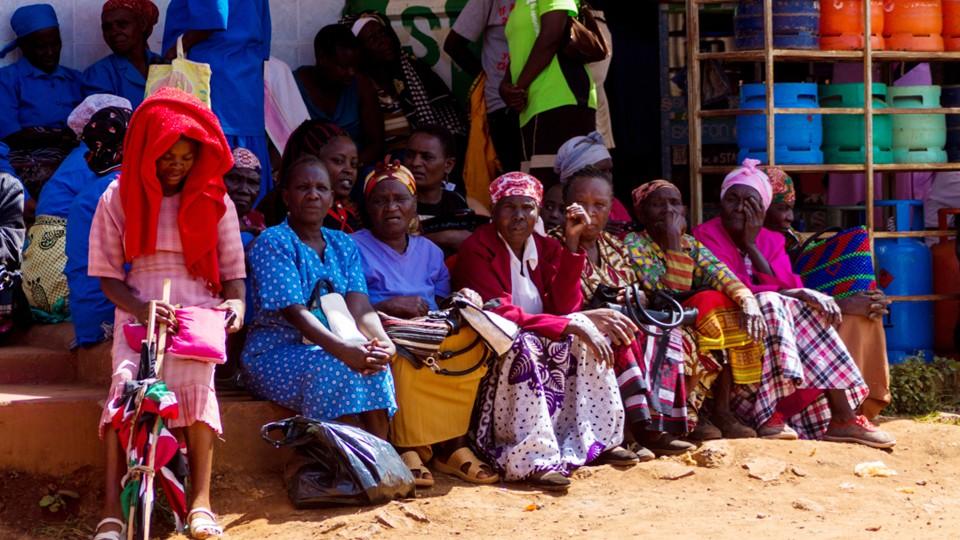NICE approval would let Novartis' Kisqali steal a march on Ibrance

Novartis' breast cancer treatment Kisqali has gained final EU approval today - and the company is confident it can follow this with a swift reimbursement recommendation from the UK's NICE.
Kisqali (ribociclib) is a rival to Pfizer's Ibrance, and both drugs are expected to make a big impact in hormone receptor positive, human epidermal growth factor receptor negative (HR+/HER2-) breast cancer treatment.
However Pfizer's drug was rejected by the UK cost effectiveness watchdog in first draft guidance earlier this year, potentially a barrier to greater uptake in one of Europe's most important markets.
This gives Novartis a chance to steal a march on its rival, which was launched in its first European markets in late 2016.
NICE now prioritises cancer drug reviews, publishing its draft decisions shortly after drugs gain marketing approval.
Novartis spies a chance of a 'yes' from NICE allowing it to overtake its rival.
“We are delighted to receive European marketing authorisation for ribociclib in combination with an aromatase inhibitor. This is great news for so many postmenopausal women with the most common form of advanced breast cancer as the combination has proven to significantly increase the delay in disease progression over current standard of care,” said Barak Palatchi, general manager of Novartis oncology UK & Ireland.
“The new NICE process to assess funding cancer medicines on the NHS is a welcome development and we are working closely with NICE to ensure eligible patients in England and Wales have access to ribociclib at the earliest opportunity.”
The question now is whether Novartis will be able to negotiate NICE’s assessment process, which does not favour “add-on” drugs such as Kisqali and Ibrance.
This is because NICE factors in the cost of both therapies in its assessment, giving far less leeway for the cost of the newer medicine.
Both drugs are selective cyclin-dependent kinase inhibitors and are added on to an aromatase inhibitor, such as letrozole, anastrozole or exemestane.
In clinical trials, Kisqali has produced some strong results, with more than half of patients (55%) with measurable disease taking the drug with letrozole experiencing a tumour size reduction of at least 30%.
While NICE's website current lists its expected publication date for its Kisqali appraisal as 'to be confirmed', Pfizer is trying to find a solution to NICE's rejection.
In July it made a further submission, including an improved patient access scheme, which involves a price discount. This has meant the cost effectiveness review has begun anew, and will leave Ibrance and Kisqali neck and neck in terms of NICE appraisal.
Pfizer earlier this year started giving away its already-approved rival Ibrance (palbociclib) for free after NICE refused to allow regular NHS funding in a draft decision.
Pfizer will continue to make Ibrance available for free until NICE issues final guidance, or until the end of next month, whichever is earlier.












